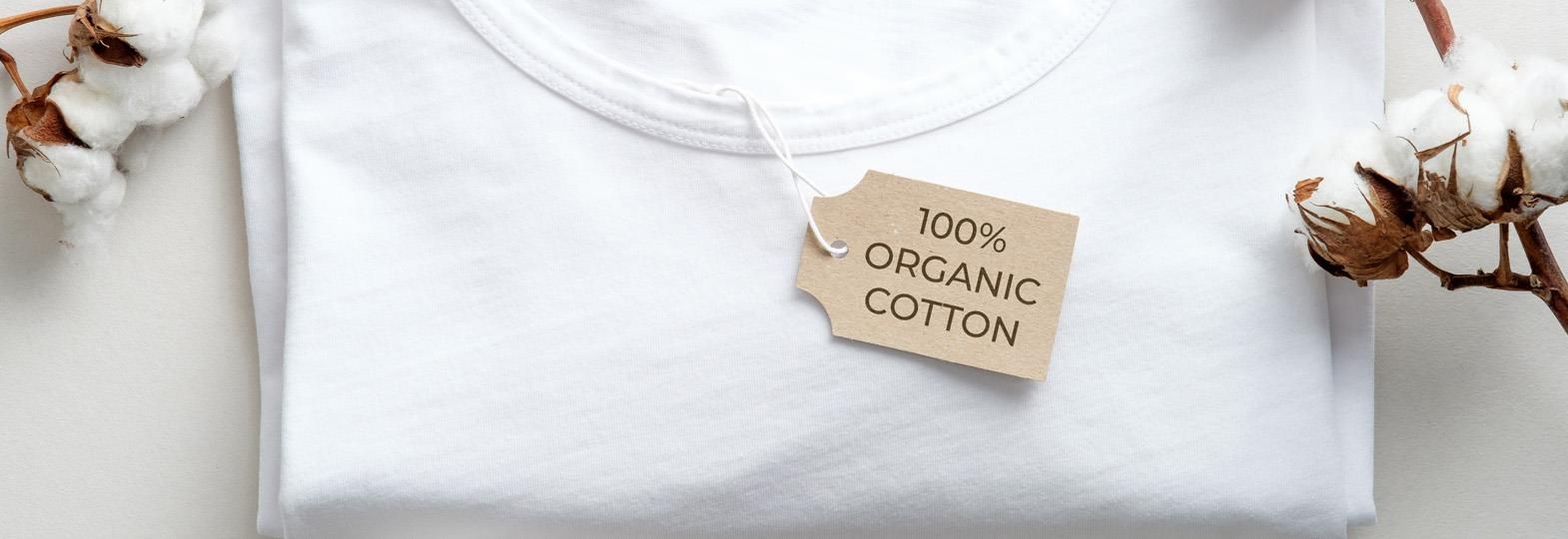As the world becomes more environmentally conscious, many industries are being pressured to make changes in their manufacturing processes. This includes the fashion industry, which is notorious for being one of the biggest polluters on the planet. Adopting sustainable practices is key to reducing the impact that fashion has on the environment. Vegan fabrics are one way to make strides in that direction. In this post, we’ll explore the benefits of using vegan fabrics in clothing production, what they are made of, and how they are different from traditional fabrics.
What is a vegan fabric? Vegan fabrics are those that do not involve the use of any animal products. Traditional fabrics such as silk, wool or leather require the use of animals in their production. Silk is made from silkworms, wool comes from sheep, and leather is the skin of animals. Vegan fabrics, on the other hand, are made of materials such as cotton, polyester, and rayon, which are all plant-based or synthetic.
One of the most significant benefits of using vegan fabrics in clothing production is their minimal environmental impact. Producing traditional fabrics often involves massive amounts of water and energy, and involves the use of chemicals, which can be harmful to the environment. In contrast, vegan fabrics tend to have a lower carbon footprint because they require less energy and resources to produce.
Another interesting benefit of vegan fabrics is their versatility. Vegan fabrics can be used for just about anything, from denim jeans to athletic wear. They can be made to have a wide range of textures, colours, and durability. Although they can mimic the look and feel of traditional textiles such as wool and leather, they are more affordable and accessible.
If you are thinking about incorporating vegan fabrics into your wardrobe, choosing the right fabrics can be a little overwhelming. There are many options out there, but some of the most popular vegan fabrics include organic cotton, hemp, bamboo, and Tencel. Organic cotton is grown sustainably without the use of pesticides or artificial fertilisers. Hemp is one of the most durable fabrics currently available and requires very little water to produce. Bamboo is a fast-growing plant that can be harvested sustainably and has natural moisture-wicking properties. Tencel is a semi-synthetic fabric made from eucalyptus trees and is biodegradable in soil, unlike traditional synthetic fabrics which take hundreds of years to degrade.
Choosing to use and wear vegan fabrics is a small, yet meaningful way to make a difference in protecting our planet. By opting for materials that are more sustainable and environmentally friendly, we can reduce the amount of waste we produce, and create a cleaner and healthier world. Making ethical and environmentally responsible purchasing decisions should be a crucial consideration for all consumers, especially for college students who will be shaping our future. Let’s work together to create a world where ethical and sustainable practices are the norm.
Bhaskar Das is an Associate Professor, Department of Fashion Business, Pearl Academy and Udaat Malhotra is an Alumnus of Pearl Academy.









Comments